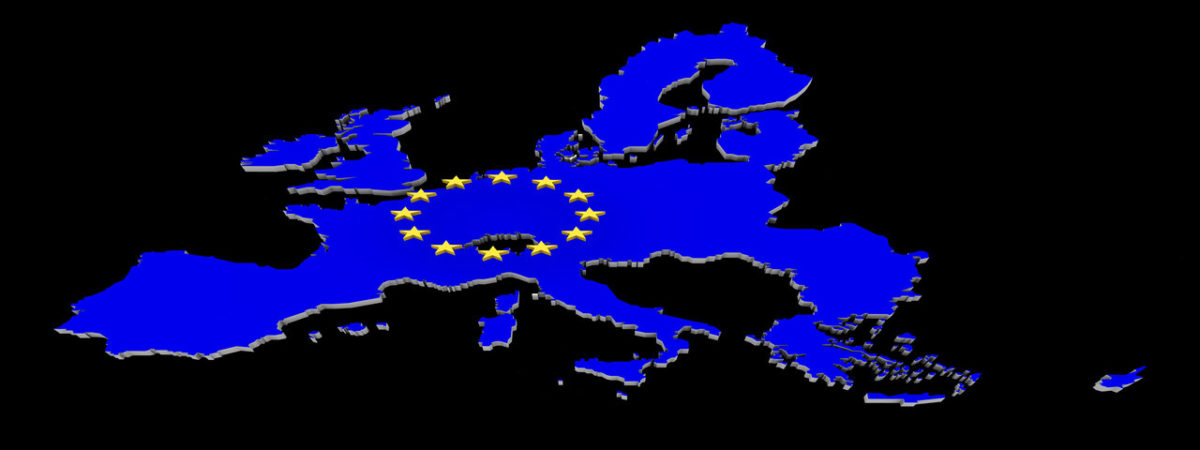Markets move on as competition policy stands still
SUGGESTED



It is certainly true that Google has a tentacular grasp over many, apparently different, markets. Google is a the major player in online searches, but also commands an 80%-plus market share of smartphone operating systems, with Android. It is a strange company, a centaur that delivers a wide variety of services supported by advertising revenue.
Google is more than a search engine. Many believe that Google has such over-reaching ‘market power’ that intervention is needed. The idea that a tech company may end up dominating people’s choices is not new. It was best depicted in a 2001 movie, aptly named ‘Antitrust’. In that pro-open source story, the evil guy, interpreted by Tim Robbins, openly resembled Microsoft-founder Bill Gates.
Indeed, just ten years have passed, since Microsoft was itself the preferred target of the anti-trust authorities. In 2004, the EU fined Microsoft £400m over the alleged abuse of its dominant position. One of the issues the then-EU Competition Commissioner raised was the bundling of Windows Media Player into the Microsoft operating system.
But, even as this case was continuing, the market was moving on and leaving the competition authorities behind. The first Apple iPod was released in 2001, when Apple also rebranded as ‘iTunes’ an MP3 reader it bought from another software developer. In 2003, just one year before the EU’s ‘victory’ over Microsoft, Apple brought together iTunes and the iPod. This became the formidable instrument for online-supplied music that made the compact disc virtually obsolete in a matter of years. Microsoft became irrelevant in this area due simply to commercial innovation.
Microsoft is still the largest company in the world for desktop computer operating systems, but it is now not the desktop computer that is the gatekeeper of our digital life. Accessing the Internet used to be one of the many things you could do with your computer. Now, the computer is just one of the many devices you can use to access the Internet. In this area, there is no monopoly; there is no market power.
Changes in these markets happen rapidly with one innovation transcending another and making old technologies redundant. But, the ideas that lie behind competition policy never change. The Commission works on the assumption that markets are static and that there are no close substitutes for the product under investigation. It treats Google the same way as it would treat the market for milk, for example.
In high tech industries there is wave after wave of innovation. A monopolist might survive for just a short period of time and is continually under threat from new entry. Indeed, these short-term monopoly profits encourage the next wave of innovation. And, if the competition authorities create regime uncertainty by levying huge fines, it will discourage, rather than encourage, the innovation that is necessary to ensure that current technologies and Google’s dominant position are short-lived.
The Commission also should reconsider its position on bundled products. Google is charged with using its search engine and smartphone operating system dominance to promote its own shopping services. But both of these markets are competitive. Though Google obviously became a point of reference because of its effective search algorithm, alternative search engines are just a click away and there is no shortage of online retailers.
More fundamentally, Google has found a way of providing search engine services for free by bundling them with services (advertising and shopping) which make money for Google. The markets for internet searches, advertising and shopping were somehow made one. If the services were separated, either the search engine could become non-viable or we would have to pay for internet searches – a tedious process, to say the least.
In fact, Google is using the same method that commercial television has used down the ages – it bundles a product for which it is hard to charge users (television for which fee-charging technology has only recently become available) with a product that can generate revenue for the provider (advertising). The consumer is hugely better off as a result.
Products change and so do modes of consumption. The more you segment markets, the more there may be the appearance of some kind of market dominance. But markets in these areas can be defined quite widely. Live concerts compete with book reading, TV shows and Youtube videos, streamed music and iTunes. And this is the nub of the problem. Markets are innovative and diverse. A one-size-fits-all competition policy is not the right approach to cope with them.
This article first appeared on CapX.



